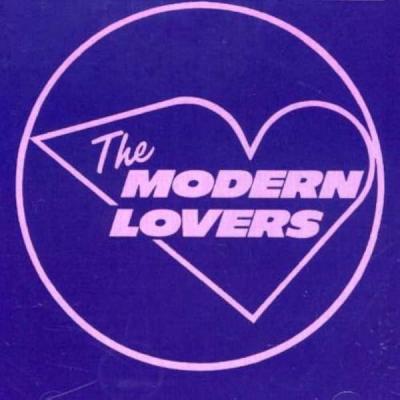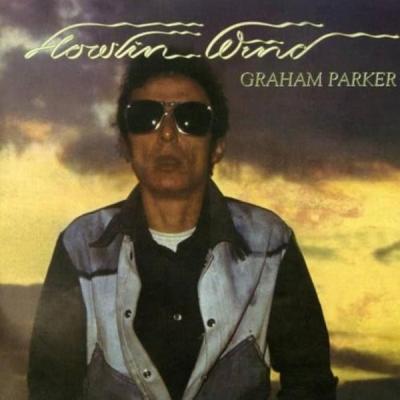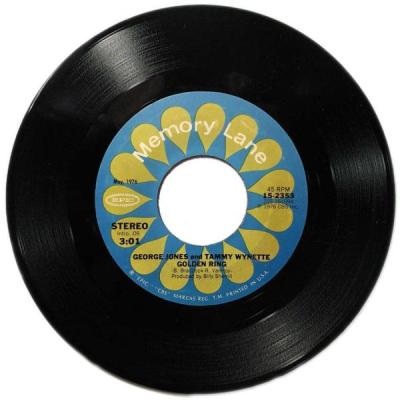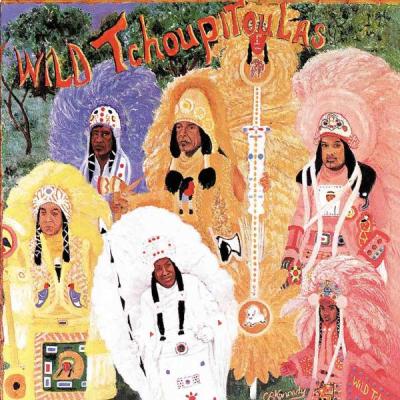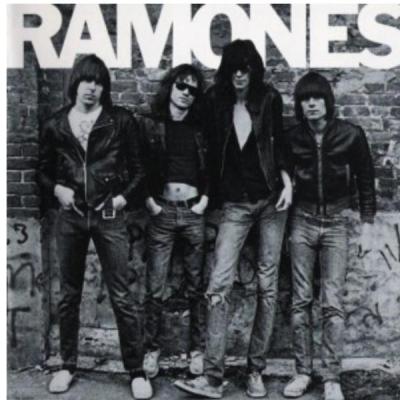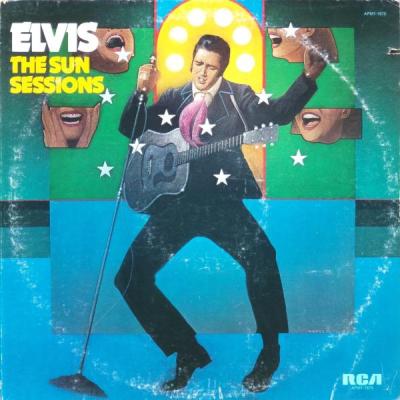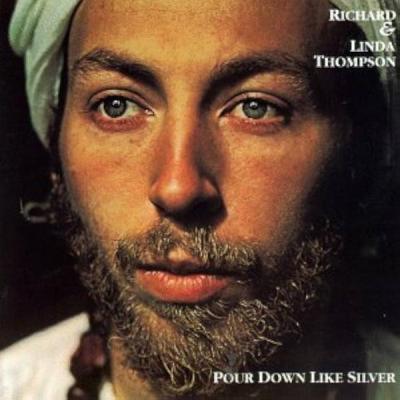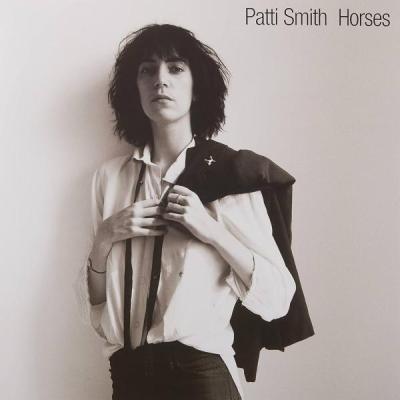


Ornette Coleman: The Shape of Jazz to Come
Album #32 - November 1959
Episode date - January 31, 2024
1959 surely qualifies as the most pivotal year in the history of jazz. It seemed as though all-time classic records were falling from the sky, including Miles Davis’ “Kind of Blue”, Charles Mingus’ “Ah Um”, John Coltrane’s “Giant Steps”, and Dave Brubeck’s “Time Out”, but even in this sea of greatness, few of them could match the visceral impact of Ornette Coleman’s “The Shape of Jazz to Come.”
Chronologically, this may have been the first time that I claimed to love an album that is difficult at best, virtually unlistenable at worst, but still essential to the development of everything that came afterward. If you presume that to be a shortcoming on my part, I’d like to state (in my defense) that some of the most important jazz cats of this era shared my skepticism. Critics loved asking famous jazz musicians for their opinions on Coleman because the responses usually made for controversial press. Miles Davis said, “Hell, just listen to what he writes and plays...the man is all screwed up inside.” Thelonious Monk stated “There is nothing beautiful in what he’s playing.” Charles Mingus commented that he “just pushes the melody out of line here and there. Trouble is he can’t play it straight.” Roy Eldridge put in serious effort and concluded “I listened to him high, and I listened to him cold sober. I even played with him. I think he’s jiving, baby.” Coleman called his controversial theory ‘Harmolodics’, and most contemporaries failed to realize that he represented what would become the future of jazz music.
Coleman recorded without a piano – an instrument that often served the purpose of grounding the tonality of the band’s performance – so his ‘free’ approach to harmony and tone left many listeners questioning his talent, and sometimes his sanity. If not for the support of his core band, specifically Don Cherry (trumpet) and Charlie Haden(bass), his theories might not ever have taken flight. Interestingly, it was pianist John Lewis of the Modern Jazz Quartet who intuitively recognized Coleman’s genius and helped to get the band signed to Atlantic Records.
It/s only natural to balk at Coleman’s music but let me try to offer a roadmap that may help you into a place where it may be less offensive to your ears, or intimidating to your senses. As the ‘50s ended, both fine art and jazz began to share a zeitgeist moment. It was an era when ‘idea’ outweighed product. Theory became more important than the sound. Because the product was difficult to appreciate at face value, fine art and jazz music demanded listeners to buy into the concept behind the artist’s intent. In fine art, this theory was difficult enough, but in music, it seemed ridiculous. Talking about revised music theory as a means of appreciating what you’re hearing is like singing about hamburgers to appreciate what you’re eating.
Music is rooted in instinct, and anything that derails its primal nature is tempting you to get off the track, jack. The thing is, Ornette Coleman was primal. He played against an accepted theory of harmony that existed for centuries, so it felt like he was derailing theory as we understood (or felt) it. He deliberately messed with the rules that we learned to accept since Bach wrote “The Well-Tempered Clavier”. We were probably overdue for a review of our concept of tonality and harmony, and what it meant in regard to what we thought of as ‘music’, but that didn’t necessarily mean we would like it. If you can buy into his concepts, then you might recognize that Coleman opened a portal that expanded the possibilities of composition one hundred-fold, since he turned the relational ‘acceptance’ of tonality on its head. If you were used to Miles Davis or Dave Brubeck as your ‘normal’, then it was only natural to be repelled, but jazz critics lauded the change, and even naysayers like Miles Davis eventually came around to incorporating free jazz ideas in his future work, and John Coltrane embraced it. 1959 may have been a glory year for jazz fans, but due mostly to Ornette Coleman, it also represented the end of an era.
Featured Tracks:
Lonely Woman
Eventually
Peace
Focus on Sanity
Congeniality
Chronology
November 1959 – Billboard Did Not Chart
Related Shows
- 1 of 20
- ››


